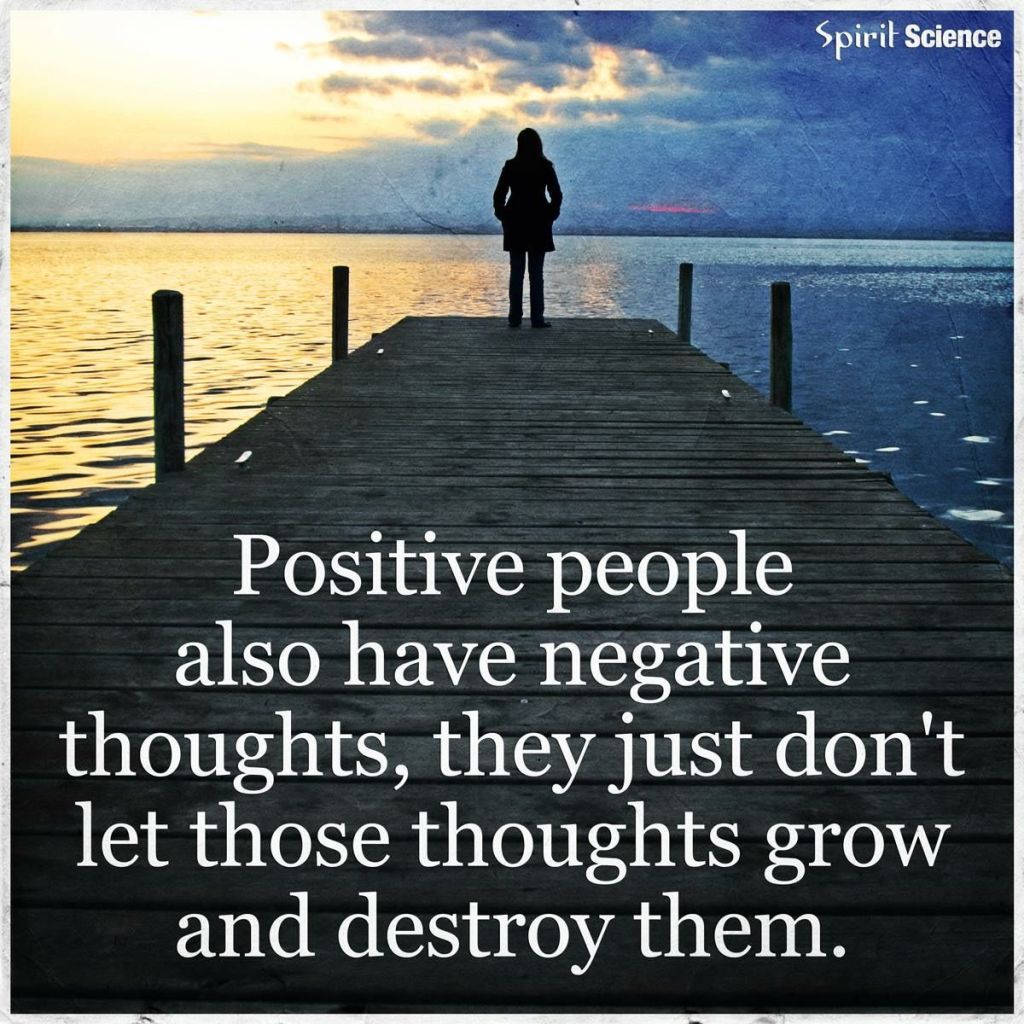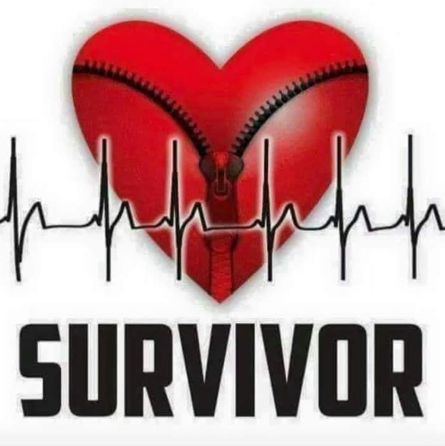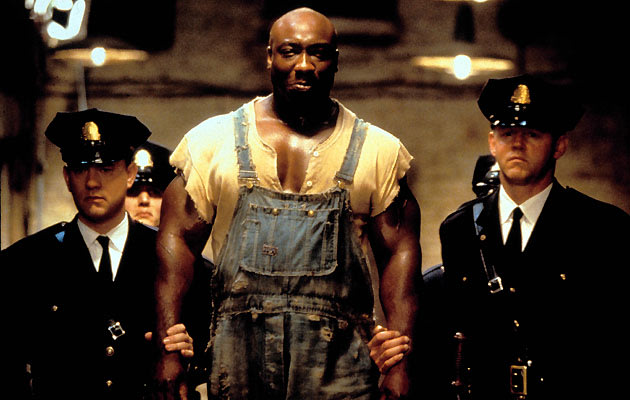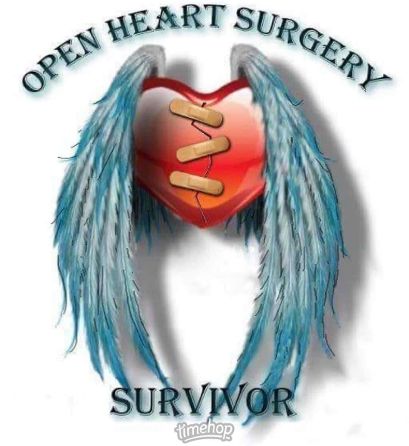Trip Or Treatment

(image from Google images)
Trick or treat. Trip or treatment. Two very similar phrases, each with something in common, but each with very different consequences. Every October, children traverse through their neighborhoods to fill their buckets with sweets and treats. I do not know anyone who does not like to travel or go on trips. If you dare to defy the miniature costumed humans in their quest for chocolate booty, you risk the wrath of a trick, a potentially messy and inconvenient assault.
But when it comes to cancer, making any decision that will impact the start of treatment, or delay treatment, is likely to be more than just inconvenient. It could end up being a harmful mistake, potentially fatal.
Two stories came across my news feed recently, both involving a conflict between treatments and travel. Now before I get into those posts, I want to make perfectly clear, treating Hodgkin’s Lymphoma, and likely many other cancers, time is important. Important because you want the best chance at long term remission, which means diagnosing the cancer as quickly as possible, and getting started on treatments sooner than later. There are any number of things that can be interrupted when you are told you have cancer. One thing I will tell you about cancer, it is not fair. Cancer does not care what you are in the middle of doing. Cancer does not care how old or young you are. Cancer does not care how nice, kind, and generous a person you are. And yes, cancer does not care if you had another cancer before. There is nothing fair about cancer.
In post number one, someone has just gotten diagnosed with Hodgkin’s Lymphoma. They are already assuming this is not something that will get taken care of overnight. So they realize, that in less than two months, this person is supposed to be going away on a cruise. Of course there are so many thoughts running through their mind as the trip was paid for, not likely to be refunded (cruise lines are not known for being understanding that way). Of course the person is wondering if they can put off treatments until after the cruise, or if treatments can be worked around the cruise.
In post number two, an individual is in the middle of treatments, and as common and expected, dealing with a multitude of emotions from frustrated, possibly depression, just looking for some sense of normalcy, and at the time of the post, feeling quite well in between treatments, wants to take a mini vacation to a fairly populated resort before his next treatment.
Both of these situations are quite common, and the questions of whether it would be okay to delay or not, are quite understandable. But just for the sake of argument, I am going to throw in a fictional, yet realistic third scenario (I refer to it as fictional as I am not referring to anyone in recent time). All too often, some women get diagnosed with Hodgkin’s while they are pregnant. Now clearly, this situation, and I have seen it discussed many times, does not have simples answers as to the impact on treatments, for the sake of both the mother and the baby. Sometimes, difficult decisions need to be made.
But in the first two situations, the decisions to delay treatment to complete something recreational should seem simple enough. Yes, there may be pressure due to having spent major amounts of unrefundable money in advance, and of course there is the anticipation of having looked forward to the trips for however long. But with Hodgkin’s Lymphoma being one of the more treatable cancers, especially when caught early enough, and treated soon enough, it is a very dangerous role of the dice, to delay treatment just to go on a trip. No one knows just when that moment will occur, that you can no longer go back with a decision that you must now live with, and yes, possibly die.
My own experience, I was lucky. I made the wrong decision. I was diagnosed with Hodgkin’s Lymphoma just six months before I was supposed to get married. My oncologist made the mistake of giving me all the options at the beginning, based on what stage would be determined. He had not realized how hard of a fight I would put up to make sure my wedding went as planned, especially how I would look. Yes, I did not want to look like a cancer patient, sickly, bald, like the stereotypical cancer patient.
The options that I was given were 30 treatments of radiation, of 6 months of chemotherapy. Both would have a good chance of putting me into remission. The doctor’s opinion was that I should go through chemo first, then radiation because I was staged at 3b (stage 4 is the worst as there is cancer involvement on both sides of the abdomen). And there it was, six months of chemotherapy would run right into my wedding. I asked him if we could delay until after the wedding, he was concerned that would put me in a more serious condition, unable to get into remission. He did say that radiation alone had a chance to put me into remission, but he still felt his opinion was best. But for me, I would be done in 30 days, and more importantly, for my wedding, I would not look like a cancer patient.

I did the 30 treatments, and had recovered well enough in time for my wedding. More importantly, I looked completely “normal” (pictured with my grandmother). Best yet, the radiation alone put me into remission. There would not be any chemo in my future. I would go on my honeymoon with my wife, and return for a scheduled follow up scan.
That is when I got the news I did not want to hear. My scan revealed “new” disease below my abdomen. This was not a relapse, but new disease. Radiation had gotten everything above the abdomen, which was still clear. Chemotherapy likely would have gotten this area had it been given. Now I was faced not only with six months of chemotherapy, but the doctor now felt an additional two months would be needed for long term remission (or additional radiation). Having guessed wrongly, and admittedly for foolish reasons, I went for the full eight months of chemotherapy. And yes, I ended up looking like a stereotypical cancer patient. But do you know what else? I am also in remission 34 years now.
So I understand the dilemma that two of the above three situations face. For the pregnant situation, that is clearly at the doctor’s decisions to ensure the safety of the mother and the baby. But for those with trips planned, to unnecessarily be exposed to any illness (Covid is still an issue among other illnesses) trapped on a floating petri dish, or take a morale boosting trip to a heavily populated resort again exposed to any number of people who did not stay home if they were sick, could result in a devastating decision to delay treatments, and I do mean devastate, and the consequences may not just end there if remission cannot be reached because of the delay.
As if my “wedding” decision was not bad enough, approximately around treatment number seven of eight, I wanted to go skiing. And I asked my oncologist if I could go skiing. He told me that I could, but to keep in mind, that as I would be dressed warm, and would obviously sweat, I risked catching a cold, or worse, something from others while inside the lodge. Seeing how I made one bad mistake already, when my doctor knew best, I heeded his warning putting off skiing until the next year. But don’t you know, just prior to my eighth cycle, I caught the flu from a co-worker, and my final treatment was delayed two weeks. It was devastating.
So just as in choices between rewards and consequences of Trick or Treat and Trip Or Treatment, the rewards should be too good to give up. Take it from personal experience. Especially if you are hoping to have long term remission. You want to do everything possible, and that includes the best treatment options, as soon as possible.




